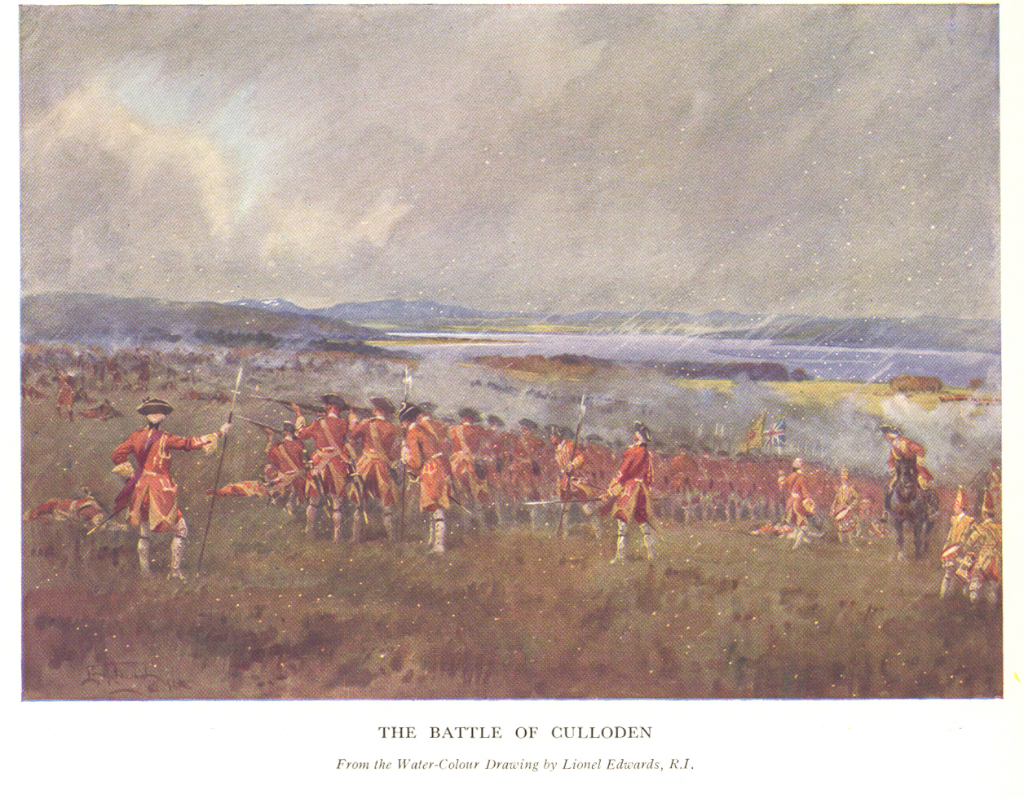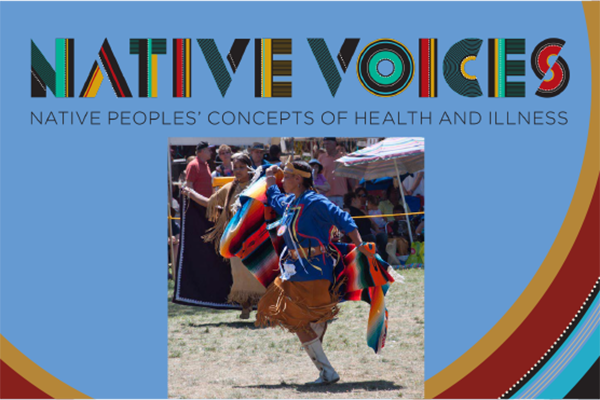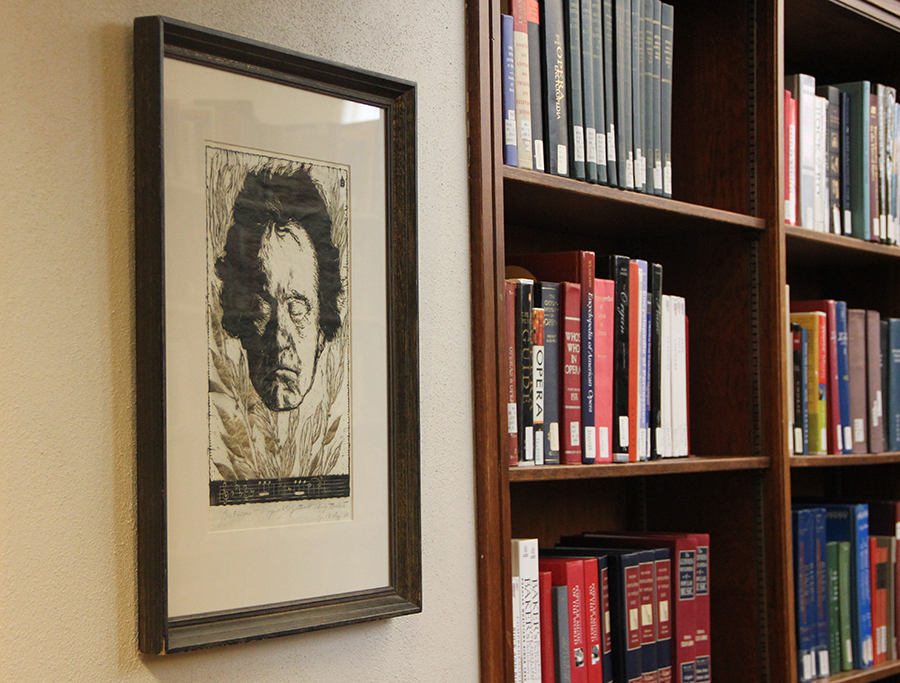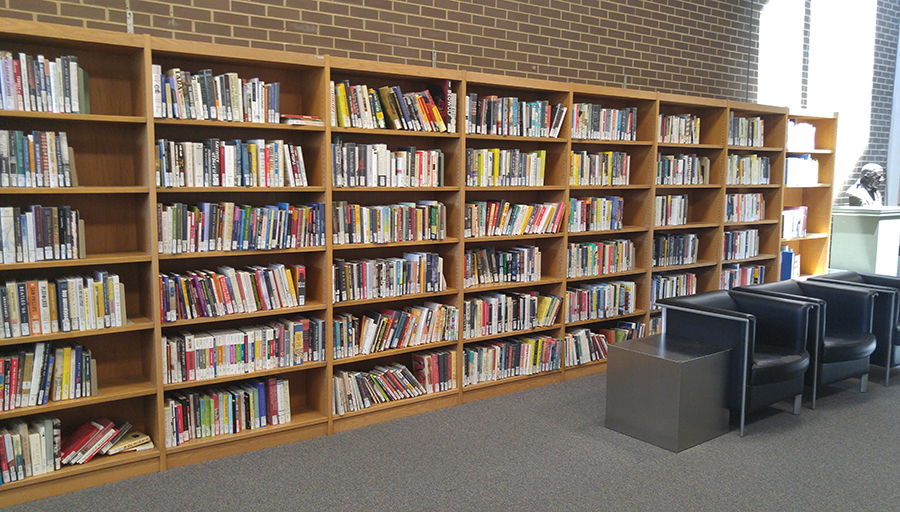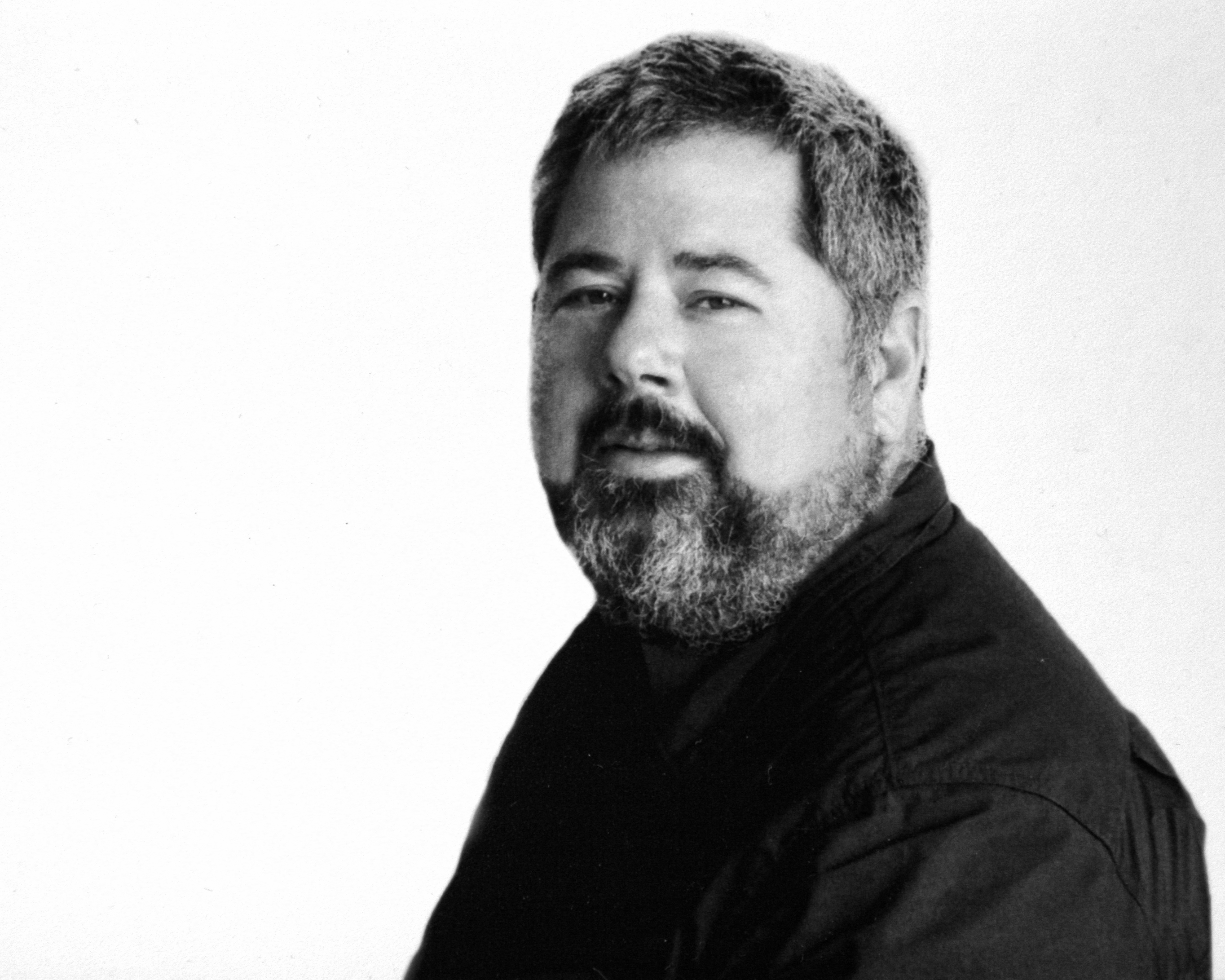
An Interview with Mark Konecny, Scholarly Communications and Digital Publishing Strategist
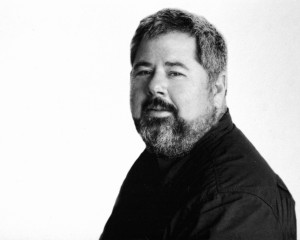
In July, Mark Konecny joined UC Libraries in the newly created position of Scholarly Communications and Digital Publishing Strategist. Mark’s role will be to consult with students, faculty, and librarians on issues regarding fair use and copyright in research and in the classroom. Below is an interview with Mark about his professional background, his immediate goals with the new position, and his early impressions of UC Libraries. Mark can be reached via email at konecnmc@ucmail.uc.edu.
- Can you tell us a little bit about your professional background?
I received a Ph.D. in Russian culture from the University of Southern California and took a position as an archivist/curator at the Institute of Modern Russian Culture, a special collection of rare books and artifacts related to 20th century art, performance, and architecture. My area of subject expertise is Russian émigré culture and theater. I have had the opportunity to work with artists, writers, librarians, and academicians from all over the world who share a passion for the art, theater, and dance. In the course of my work, I have been an editor, a lecturer, an exhibition curator, and an information specialist.
- After working as a journal editor, director and librarian, what led you to focus your next career move on fair use and author rights?
At first glance, this seems an unlikely career change, but there is actually a remarkable amount of continuity. While working in foreign libraries, museums, and archives, I found myself becoming interested in the way information is (or is not) disseminated in institutions. I remember one remarkable research experience when I worked in libraries in Russia and the Netherlands, and I was able to compare how different cultures dealt with controlling content and encouraging collaboration. It was, in fact, in Amsterdam that I first became acquainted with the open access movement. As libraries transform from physical repositories to information hubs, the need to organize and provide access becomes the central mission of universities. Scholarly communications as a profession brings about this transition and give researchers and students the ability to control and disseminate information and data in an ethical manner. There is a common saying among my colleagues in the field, “information wants to be free,” and creating the framework to share information, not only within the university community, but also nationally and internationally, is something I am proud to be a part of.
- What will your role be in UC Libraries and how/will that expand outside the libraries?
My role at the library is to consult with students, faculty, and librarians on issues regarding fair use and copyright in research and the classroom; part of that job is to provide information on licensing, the rights of the author, and new trends in open access publishing. Because copyright and fair use are complex issues, I am a resource for people to use to ensure they are using other people’s intellectual property in an ethical manner. However, it is important to note that I am not a lawyer, and I don’t give legal advice; I provide information so that people can make their own determination.
In addition to fair use, I am working with Scholar@UC, the institutional repository, to provide the UC community with shared access to the research and scholarship produced by our students and faculty. I am trying to meet with as many faculty and students as I can to promote this vital service and encourage interdisciplinary collaboration and shared data. I am also active in national and international professional organizations that promote scholarly communications.
As an aside, I would encourage people to contact me and ask questions about what I do, Scholar@UC, or fair use; you might be surprised with what I have to say.
- The Scholarly Communications and Digital Publishing Strategist is a new position at UC Libraries. Can you talk a little bit about the need for such a position?
In the book Ways of Seeing, (1972), the art historian, John Berger writes that, “For the first time ever, images of art have become ephemeral, ubiquitous, insubstantial, available, valueless, free.” The digital revolution has made that even more true- images, texts, and music are endlessly reproducible and instantly available. A scholarly communications and digital publishing strategist helps to articulate and shape the library’s response to the rapid transitions facing universities in the digital age. How does a creator protect his/her intellectual property? How can an author make sure his/her work is seen by peers? What venues are appropriate for a researcher’s work? When there are literally hundreds of publishers, how can one be sure that the press is a reputable one? These are just a few of the questions that we face every day. UC Libraries is articulating a plan for creating an intellectual commons in the digital age and is implementing this visionary plan on many fronts: the creation of this position is one small part of this future.
- What are your top priorities in this position in the months to come?
The biggest priority is the one often forgotten in the rush to get a new program in place: I am here to learn and listen to my colleagues so that we can accomplish great things together. I am fortunate to have so many smart, dedicated professionals to collaborate with in the library and at the university as a whole. As you pointed out, this is a new position and I am defining my role in the library, and in fact, my profession is still in the process of establishing a framework for academic discourse in the digital age. I am also working on creating a network of people in the university and in Ohio as a whole who are involved in scholarly communications and intellectual property issues. Luckily for me, the faculty and the administration leadership in the libraries has given me support and encouragement to take risks and plan for the future.
- Why were you interested in working at the University of Cincinnati Libraries?
The idea of creating a new position in my chosen field was very appealing to me, but it had to be in the right place. When I was applying for the job, I was directed to the UC Libraries strategic plan, and I was very impressed with how the plan coincided with my own vision for what I wanted to accomplish in the position. This impression was confirmed by my interviews on campus and my discussions with my future colleagues; I knew UC Libraries was committed to the future and was a place where I could make a difference.
- Any early impressions of Cincinnati, UC or the UC Libraries you wish to share?
I love the beautiful UC campus! I have an amateur’s interest in modern architecture so every day is an aesthetic adventure for me. Cincinnati is a lovely city with a vibrant art and music scene. I look forward to going to the opera and symphony, watching ballet, and visiting the art museums here.
My friends here at the library invited me to Skyline Chili. It was … different, but the company and conversations were great. (Editorial aside, I grew up in Texas…)
Having spent most of my adult life in California, I must say the concept of weather is new to me. Deciding whether to take an umbrella or a raincoat is utterly foreign to me- so I always forget them.

